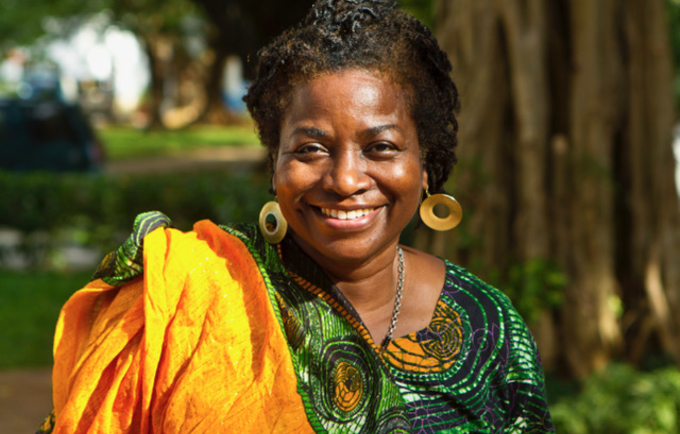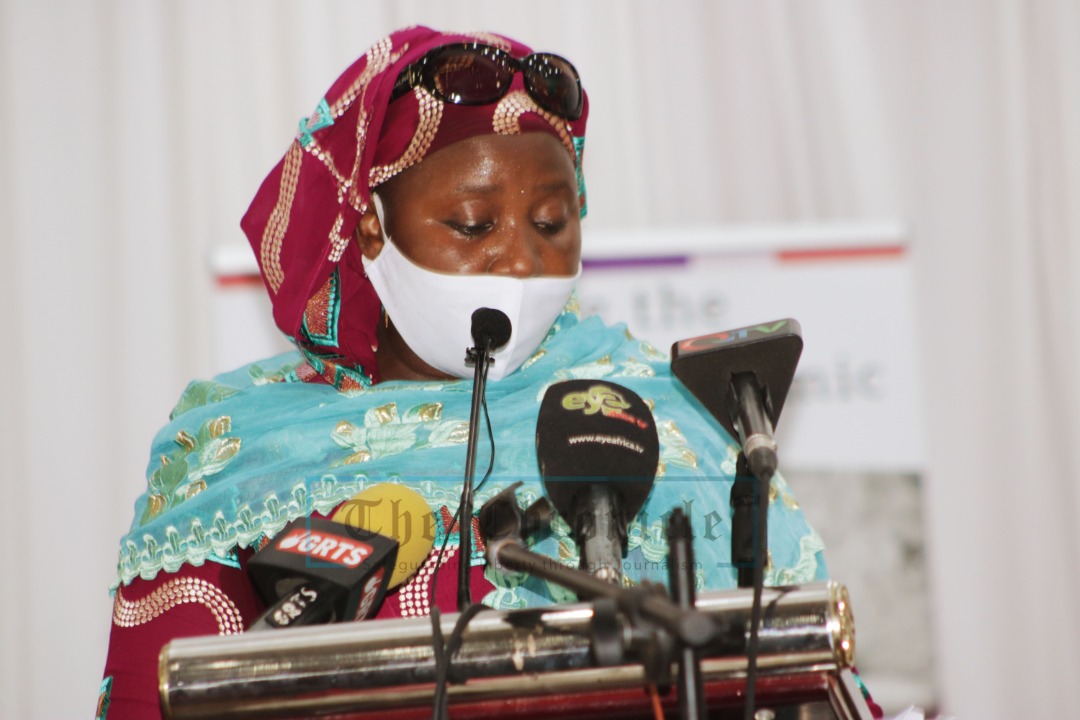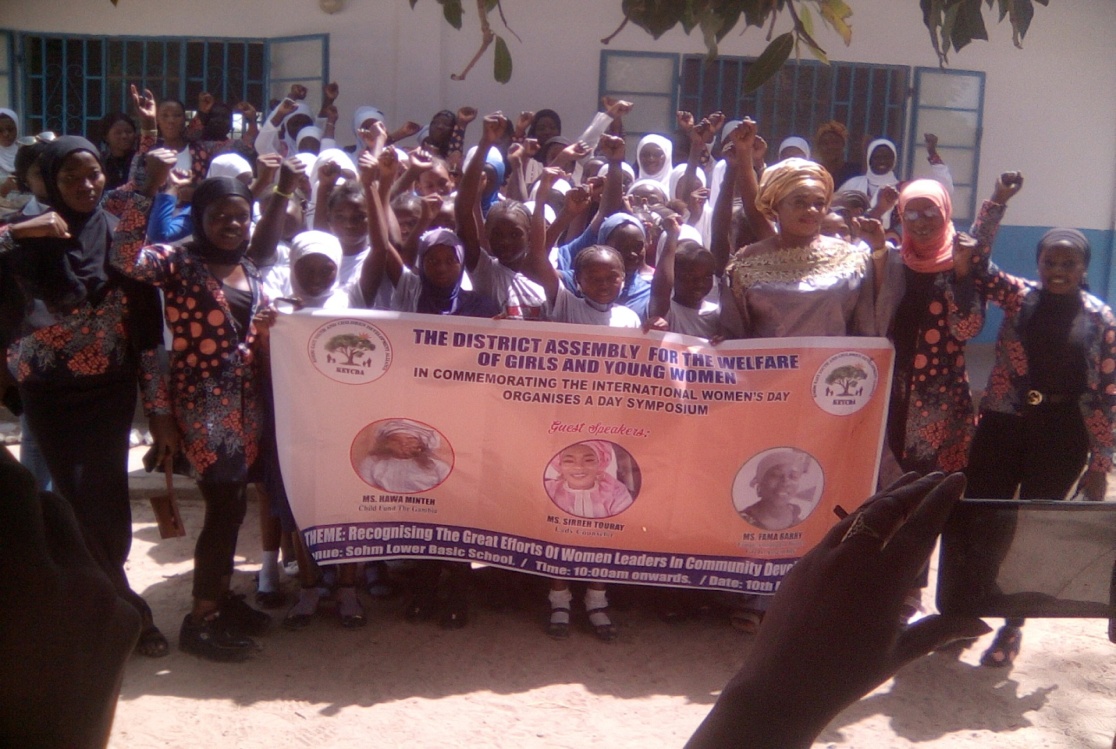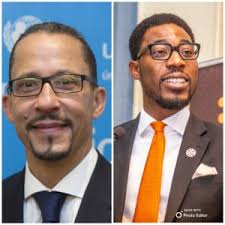At least 19 harmful practices, ranging from breast ironing to virginity testing, are considered human rights violations, according to a report by the United Nations Population Fund (UNFPA), which focuses on the three most prevalent ones namely – Female Genital Mutilation (FGM), Child Marriage and extreme bias against daughters in favour of sons.
“Harmful practices against girls cause profound and lasting trauma, robbing them of their right to reach their full potential,” the UNFPA Executive Director, Dr. Natalia Kanem, said on Tuesday in a statement marking the launched of the 2020 State of World Population Report and the National Gender-Based Violence Helpline.
She said this year, an estimated 4.1 million girls will be subjected to female genital mutilation. Today, 33,000 girls under age 18 will be forced into marriages, usually to much older men.
Dr. Kanem further stated that “Also, an extreme preference for sons over daughters in some countries has fuelled gender-biased sex selection or extreme neglect that leads to their death as children, resulting in 140 million “missing females.”
She disclosed that in The Gambia, three in every four girls have been subjected to Female Genital Mutilation while one in every three girls is married off before her 18th birthday.
She said although some of these practices are waning, due to population growth, the number of girls subjected to them will actually rise in the coming decades if urgent action is not taken.
According to her, having ratified international treaties such as the United Nations Convention on the Rights of the Child, The Gambia has a duty to end the harm, whether it’s inflicted on girls by family members, religious communities, health-care providers, commercial enterprises or state institutions.
She also said although the Country has responded by enacting laws, but laws alone are not enough.
Decades of experience and research show that bottom-up, grassroots approaches are better at bringing change, “We must tackle the problem by tack




